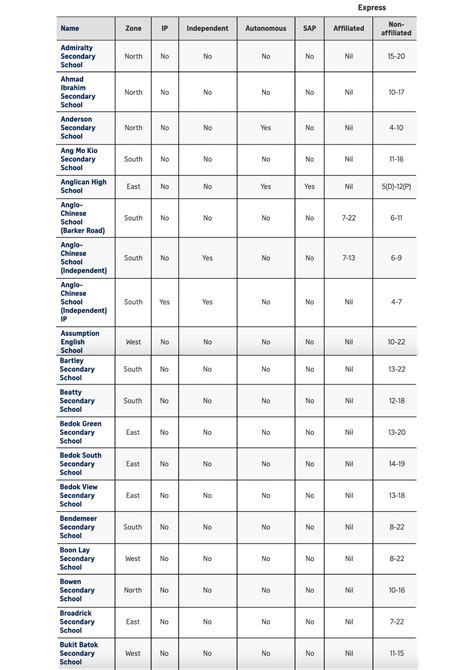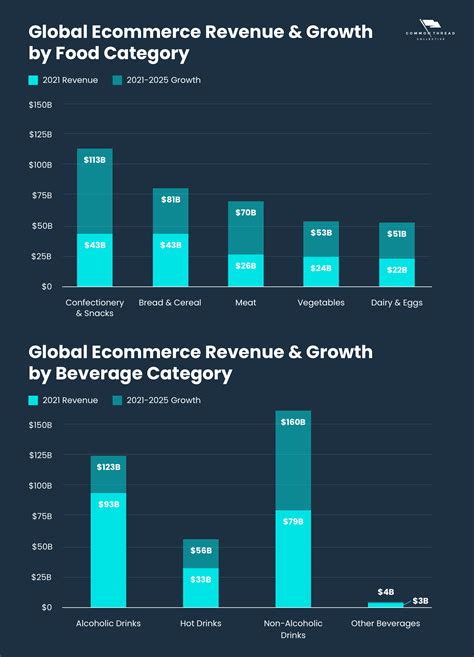Roles and Responsibilities of Contractor Quantity Surveyors
Quantity surveyors play a crucial role in the construction industry, ensuring that projects are delivered within budget and on time. Their responsibilities encompass a wide range of tasks, including:

Pre-Construction Phase:
- Preparing cost estimates and tenders
- Negotiating contracts with subcontractors
- Managing procurement of materials and equipment
- Monitoring project costs and cash flow
Construction Phase:
- Measuring and valuing work completed
- Preparing payment certificates and invoices
- Managing variations and claims
- Overseeing the handover of completed projects
Essential Skills and Qualifications
To excel as a contractor quantity surveyor, individuals require a strong foundation in:
- Construction principles and practices
- Cost estimating and budgeting
- Contract administration and law
- Project management
- Communication and interpersonal skills
Professional certification through organizations such as the Royal Institution of Chartered Surveyors (RICS) or the American Institute of Quantity Surveyors (AIQS) is highly valued in the industry.
Benefits of Hiring Contractor Quantity Surveyors
Engaging contractor quantity surveyors offers numerous advantages for construction projects:
- Cost Control: They provide accurate cost estimates, negotiate competitive contracts, and monitor project expenses to ensure financial viability.
- Project Delivery: They establish realistic timelines, coordinate with subcontractors, and oversee project execution to ensure timely completion.
- Risk Management: They identify potential risks, develop mitigation strategies, and manage claims and variations effectively.
- Compliance and Regulations: They ensure compliance with building codes, regulations, and contracts, reducing legal liabilities.
Market Size and Industry Trends
According to a report by Grand View Research, the global construction quantity surveying market was valued at USD 18.8 billion in 2021 and is projected to reach USD 28.8 billion by 2028, exhibiting a CAGR of 6.1%. This growth is attributed to increasing infrastructure development, rising construction costs, and the need for specialized expertise in project cost management.
Innovative Applications
Emerging technologies such as Building Information Modeling (BIM) and artificial intelligence (AI) are transforming the role of quantity surveyors. These technologies enable:
- Real-time cost estimation and analysis
- Automated materials takeoff and measurement
- Improved project visualization and collaboration
- Data-driven decision-making and risk analysis
Conclusion
Contractor quantity surveyors play a vital role in ensuring the successful execution of construction projects. Their expertise in cost management, contract administration, and project delivery provides invaluable benefits for contractors and clients alike. As the construction industry continues to evolve, the demand for skilled and innovative quantity surveyors will only increase.
Tables
Table 1: Key Responsibilities of Contractor Quantity Surveyors
| Phase | Responsibilities |
|---|---|
| Pre-Construction | Cost estimating, tender preparation, contract negotiation, procurement management |
| Construction | Work measurement, payment certification, variation and claim management |
Table 2: Benefits of Hiring Contractor Quantity Surveyors
| Benefit | Description |
|---|---|
| Cost Control | Accurate estimations, competitive contracts, expense monitoring |
| Project Delivery | Realistic timelines, subcontractor coordination, timely completion |
| Risk Management | Risk identification, mitigation strategies, claims and variation management |
| Compliance and Regulations | Code compliance, contract adherence, reduced legal liabilities |
Table 3: Industry Market Size and Growth
| Year | Market Value (USD Billion) | CAGR (%) |
|---|---|---|
| 2021 | 18.8 | 6.1 |
| 2028 (Projected) | 28.8 |
Table 4: Emerging Technologies and Applications
| Technology | Application |
|---|---|
| Building Information Modeling (BIM) | Real-time cost estimation, automated measurement |
| Artificial Intelligence (AI) | Data-driven decision-making, risk analysis |















